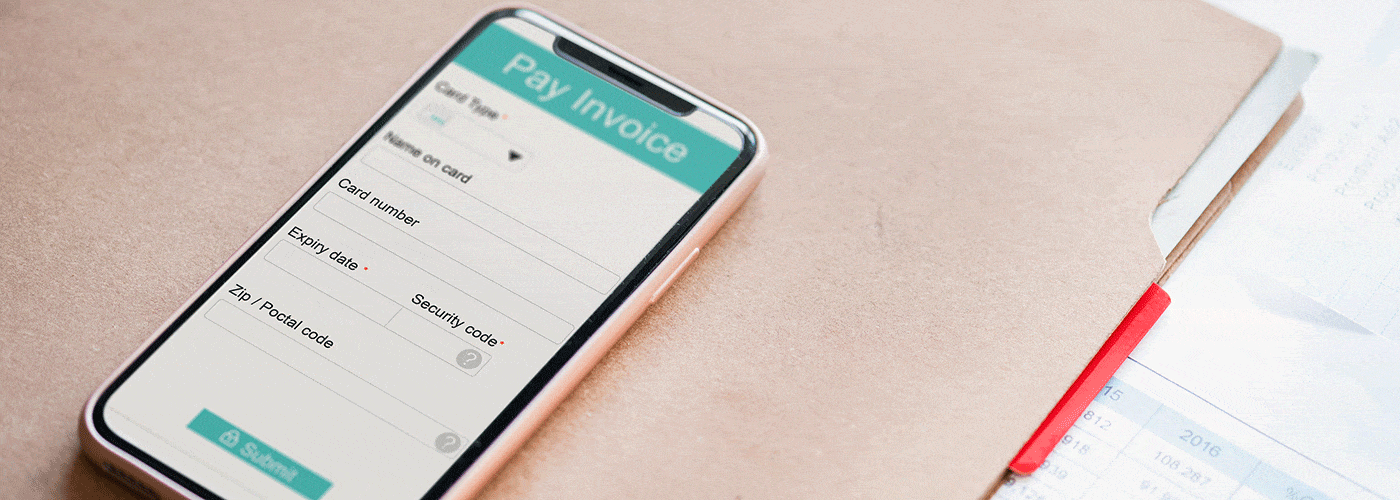Student loans are tricky. At least that’s what the numbers show.
If you asked 10 college students about their loans, a study shows that nine of them would not know basic information such as the interest rate or repayment terms of their loan. Half of them would be unsure of how much they borrowed, mostly because they didn’t take the time to calculate what their monthly repayment amount would be.
That’s not just an anecdotal example, either. It’s based on the numbers.
Which illuminates an extremely important part of the student loan “crisis” we are in as a country: A lot of students simply do not understand what they are getting into, or how to get out of it. And while there are plenty of articles that break down how to understand student loans, many people overlook the repayment aspect.
You shouldn’t. For a lot of reasons.
READ MORE: Pulling a ‘180’ From Debt to Wealth
Post-Grad Probs
No matter what job you get straight out of college, or what situation you walk into, finances get real from the moment that diploma hits your hands.
“Shortly after graduation, when you’ve got to start paying those bills, then it really hits you.”
Those are the words of Luke Alexander, a financial planner/advisor at JFC Financial Services. But he’s also speaking from experience. Alexander didn’t just wake up one day with the skills to be professionally proficient with other people’s money.
It took an undergraduate degree, then a joint graduate program for a master’s in business and a law degree. And all that school came with a hefty price tag. Alexander had scholarships for his undergrad and help from family, but when grad school came around it was time to “be a man” and pay his own way.
Now, as someone who used student loans to jumpstart a successful career in finance, Alexander understands the value of repayment better than ever. Not everyone will walk the same professional path as he did, Alexander acknowledged, but at the same time, he believes students of all majors and backgrounds could go for a quick refresher in the basic details of student loans, and how to repay them.
“I think it’s very important,” he said. “I’ve always said that in high school or undergrad there should be a class called ‘Life’ that basically teaches you how important credit is, what interest rates are, and paying bills on time. Little things like that.”
“Credit has been so easy to get, that I don’t think a lot of people think of the consequences.”
The Fine Print of Finance
In addition to reminders on big details that affect repayment, like interest rates and due dates, Alexander also said there were nuanced details that go unnoticed.
When he started grad school, Alexander said he was “50/50” in terms of thinking about the cost of his degree versus the benefit it would provide. Then, when his loans came out of deferment, the reality hit him all at once: It was time to put his money where his degree was.
“Then you’re like ‘that’s a lot of money after I graduate that I have to pay back,’” he said, “and hopefully it’s worth it.”
Alexander found a way to make it worth his while, but was still frustrated with his limited options for working through his debt. After taking out the maximum in federal loans each year, he built up six figures worth of debt getting his degrees. That is, six figures worth of debt with fixed interest rates, and no flexibility to refinance unless you pursue private loans.
“I had a few years where interest rates were low, when the recession hit, and I had a few years where interest rates were 7.5 percent for a federal loan,” Alexander said. “Like on my mortgage, when I got my house, mortgage rates were higher. Then you had the bubble and the crash. Then interest rates were some of the lowest in history and so I refinanced.”
That’s not an option for student loans, though. And although there were other ways to go about it, Alexander said the risk of taking out private loans doesn’t work for all students. Some can’t even get their foot in the door.
READ MORE: Private Loans 101, A Guide
“It pisses me off that the government won’t let you refinance your loans to the rate at the time. You could refinance to a private bank loan, but then you can’t have deferments. If you lose a job (and need relief), you can’t do that on a private loan. A lot of people, if you don’t have a great job right out of school, you couldn’t even get a private loan to refinance.”
By sticking with federal loans, students can avoid the hurdle of having repayment amounts controlled by variable interest rates. Going with federal loans also means they can receive relief from the financial obligation of repayment during certain periods, such as unemployment and financial hardship.
But that wiggle room only goes so far. Outside of periods of deferment and forbearance, Alexander said federal loans “are what they are,” meaning the only way to make them go away is by setting up a payment plan, and sticking to it.



